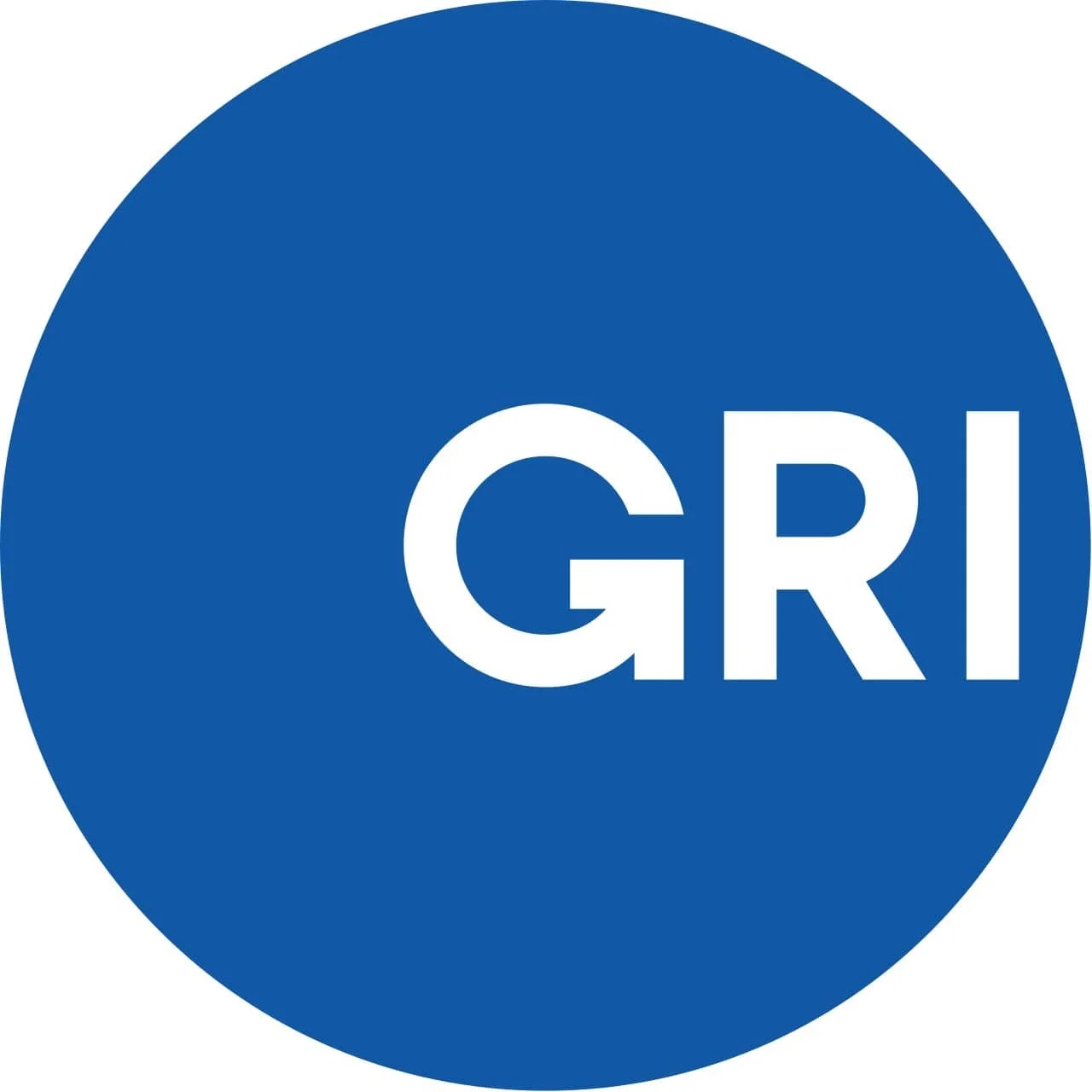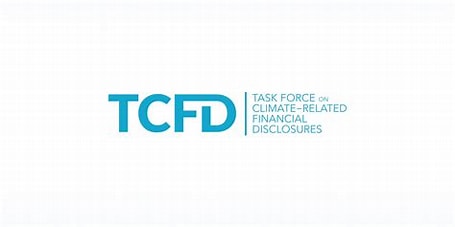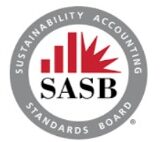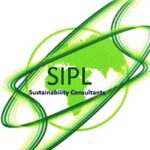ESG: Integration of LCA and ESG
The traditional idea of corporate success is changing significantly as the business environment continues to change. An organization’s purpose is becoming a more significant lens through which to examine it. Therefore, in order to create long-term value, it is important to take an action-oriented strategy and put ESG (environmental, social, and governance) theory into reality. ESG considerations are essential and can provide a company with significant non-financial and financial benefits. A lot of investors utilize ESG as a framework to comprehend how a firm conducts business, behaves ethically, is responsible to the community, and performs on many sustainability and ethical concerns. They can assess their potential future investments in the company using this criterion.
According to an RBI analysis, even in the midst of extraordinary market events like the pandemic shocks, major listed domestic companies with an active ESG framework have outperformed their peers in the general market. Research has shown that organizations that prioritize environmental sustainability (ESG) tend to exhibit superior operational efficiency, reduced employee attrition, enhanced creativity, robust governance, lower compliance expenses, and superior risk management.
A sustained alteration in the climate that has persisted for a certain amount of time is referred to be climate change.




















Global Reporting Standards and Frameworks:




Environmental, Social, and Governance are all integrated under the phrase ESG.
LCA is a tool that gives ESG reporting standards and frameworks a solid foundation. Organizations can benefit from further environmental advantages and target their KPIs directly. Because of LCA, environmental KPIs are effortlessly obtainable and computed.
SIPL provides an integrated ESG and LCA solution.

